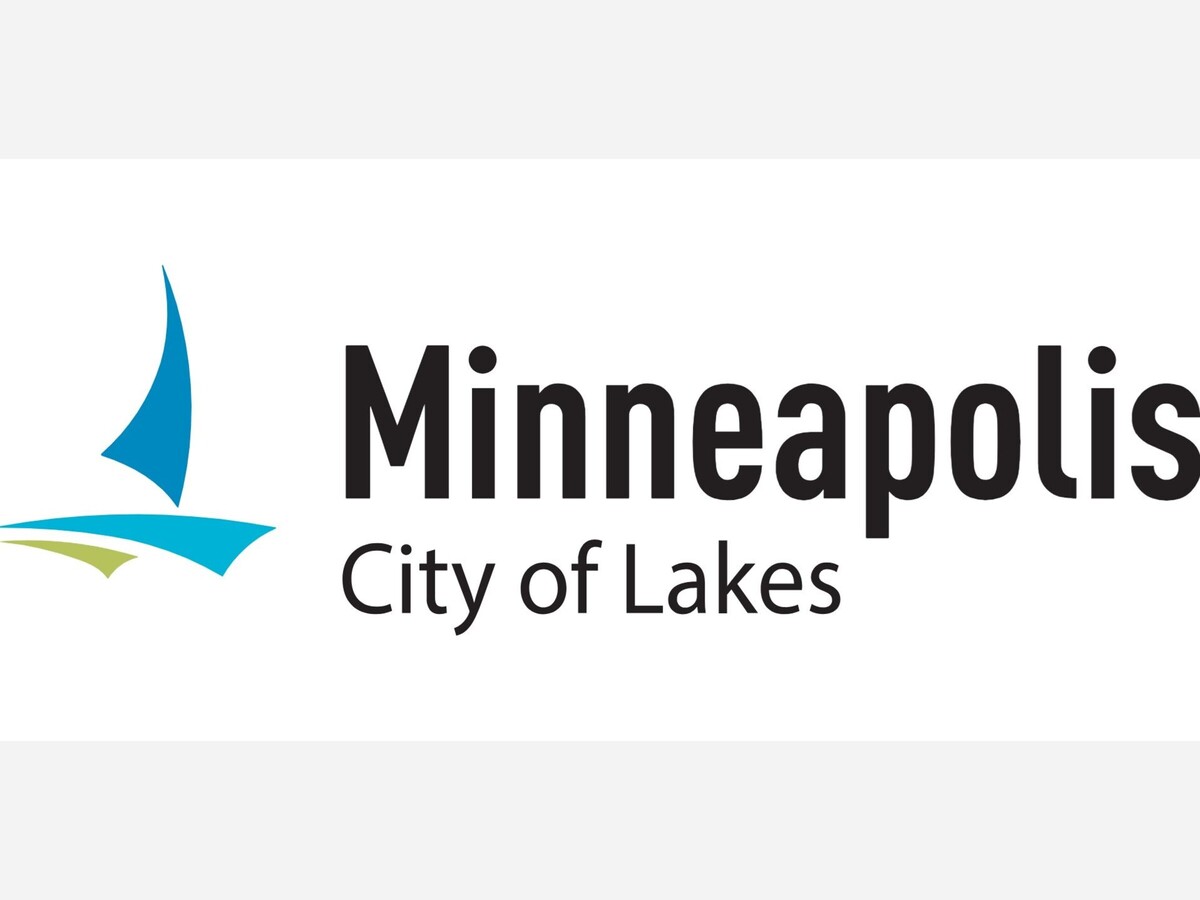Image


MINNEAPOLIS — City officials in Minneapolis are weighing major changes to how the city raises revenue — including the possible implementation of a local income tax and new city fees — as part of a broader effort to reduce the city’s heavy dependence on property taxes to fund essential services.
The initiative reflects growing fiscal pressures on the city’s budget, which faces rising operating costs, declining downtown commercial property values, and uncertainty over federal and state funding. City leaders say the goal is to create a more balanced and resilient revenue mix that doesn’t disproportionately rely on property owners.
Property taxes remain the largest single source of unrestricted revenue for Minneapolis’ General Fund, accounting for roughly half of the city’s total revenue base. For 2026, Mayor Jacob Frey has proposed a 7.8% property tax levy increase, which he described as necessary to maintain current service levels while avoiding what would otherwise be a 13% increase.
The proposed levy includes roughly $23 million in savings and cuts, part of what Frey called a “disciplined” approach to sustaining city operations amid tight fiscal conditions. For the owner of a median-valued home in Minneapolis — estimated at $333,000 — the 7.8% hike would translate to an increase of about $240 annually.
City budget documents show that in 2025, Minneapolis collected approximately $504 million in property tax revenue, underscoring how central the levy remains to city finances.
In July, the Minneapolis City Council voted unanimously to direct staff to research new revenue options — including potential income or payroll taxes, business levies, and expanded city service fees — to ease pressure on homeowners and diversify the city’s revenue base.
Among the concepts being studied is a 1% city income tax on households earning more than $200,000 annually. Supporters argue the proposal would provide a more progressive source of revenue compared to property taxes, which tend to impact lower- and middle-income homeowners more heavily as the city’s tax base shifts toward residential properties.
Such a tax, however, would require approval from the Minnesota Legislature, as current state law does not grant municipalities the authority to impose local income taxes. Opponents caution that higher local taxes could discourage business investment or prompt some residents to relocate outside city limits.
City staff have also identified new or adjusted fee-based revenues that could be implemented more quickly than a new tax code. “Charges for Services and Sales” — which include license, permit, and utility fees — already account for more than $690 million in the proposed 2025 budget.
While these revenues are substantial, state law restricts many municipal service fees (such as for water, sewer, and waste services) to covering only the actual cost of providing those services. Even so, city analysts note that peer cities across the country are adopting innovative fee structures — such as congestion pricing and dedicated excise taxes — to fund public safety, housing, and infrastructure.
Advocates of diversification say reducing reliance on property taxes would make the city’s revenue system more equitable and sustainable, particularly given economic shifts in downtown commercial real estate. Critics, however, warn that the city must be cautious in designing any new tax or fee to avoid burdening low-income residents or undermining Minneapolis’ business competitiveness.
The Minneapolis City Council’s Budget Committee is scheduled to hold public hearings and review Mayor Frey’s proposed 2026 budget through the fall. The council is expected to debate potential amendments — including any new revenue-generating mechanisms — before the final budget vote in December 2025.
In the meantime, staff are preparing detailed analyses of what legal and legislative steps would be required to implement any new tax or fee structure. For now, the city faces a familiar fiscal challenge: balancing the need to fund essential services with growing public concern over rising property tax bills.